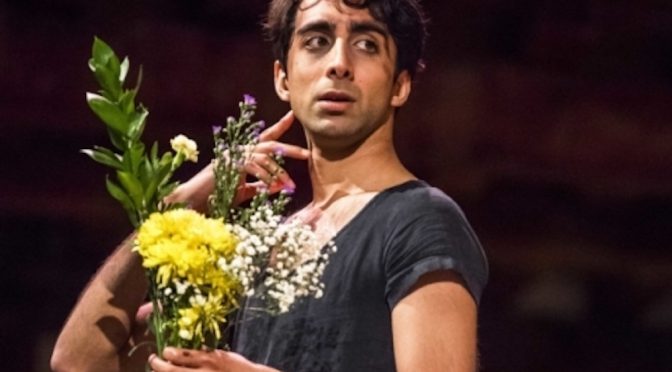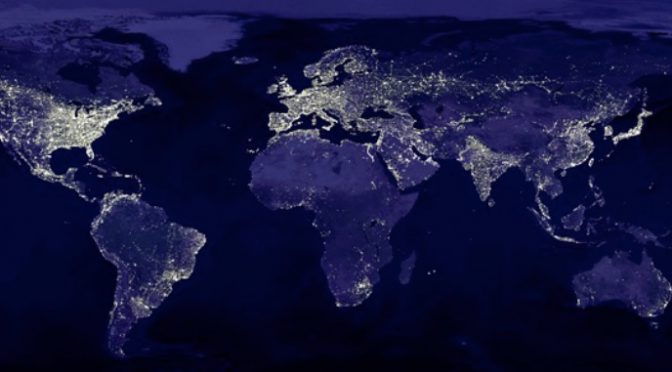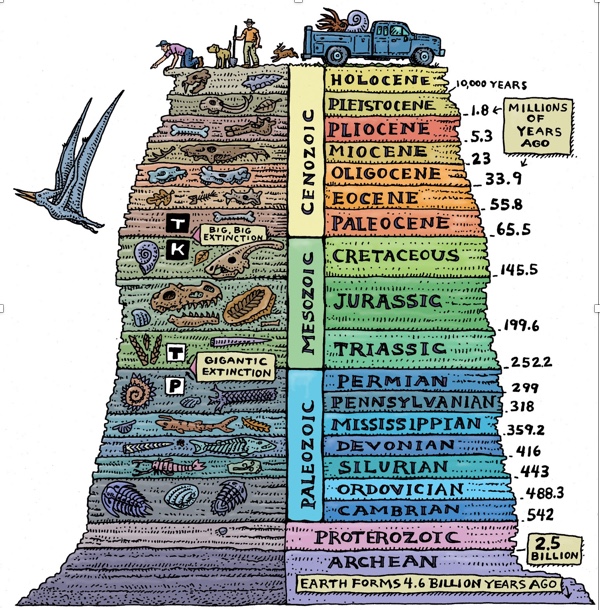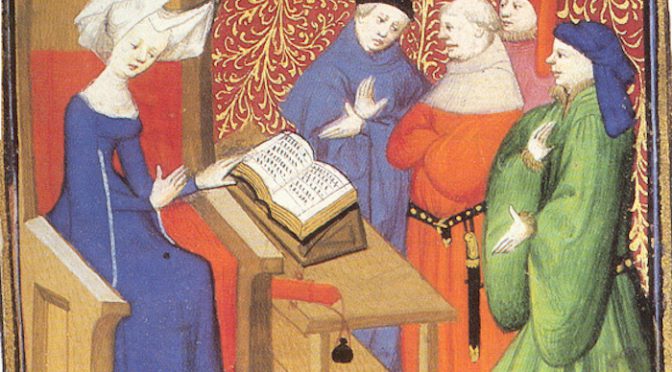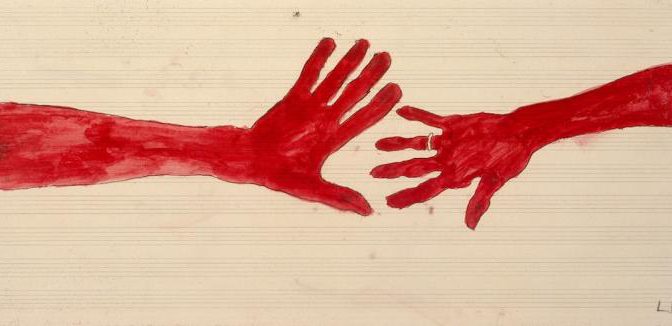by Caitríona O’Reilly, lecturer in Creative Writing and Cosmo Davenport-Hines poetry prize judge
The theme for this year’s Cosmo Davenport-Hines poetry prize was ‘Reconciliation’; a prompt which promised to be both relevant and timely. Nevertheless, among the 96 entries there were – perhaps surprisingly – few on the subject of politics. Or perhaps it is not so surprising that lyric writing should focus on the preoccupations of the self?
Most entries interpreted reconciliation in the light of personal relationships, whether with significant others, siblings, or parents. Other interpretations were more abstract: politics (yes, occasionally), but also the attempt to reconcile different parts of the personality; different cultures with their conflicting claims on the self; or present realities with the imperatives of memory.
My fellow judges and I had our own small work of reconciliation to carry out, of course: deciding which among these competing and widely differing voices would eventually emerge victorious. Thankfully – and I know judges of literary prizes almost always say this, but this time it happens to be true— a harmonious consensus was achieved with minimum discussion. Many of the poems on our personal shortlists overlapped, and the standout contenders declared themselves at an early stage in the judging. As in past years, we had the luxury of awarding not just a First Prize, but also a Second, Third, and three further Commendations, which kept all of us happy.
If the successful poems have anything in common, it is the qualities shared by all good poetry: an eye at an unexpected angle to reality; a strong sense of line; a way with metaphor; a convincing and consistent tone carrying through the poem from beginning to end; and most importantly, that quickening in language that is unmistakeable.


